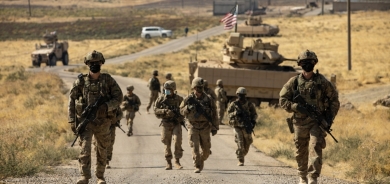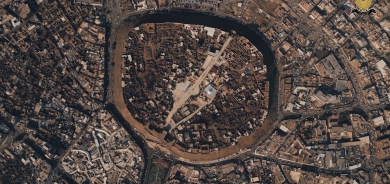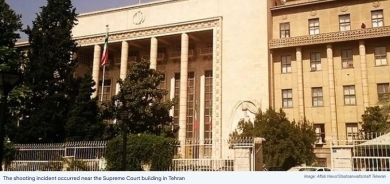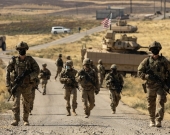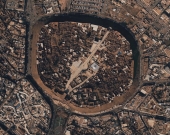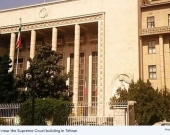In Kurdistan, Greater Powers for Environment Protection Force

"Before, mayors were responsible for taking legal action when someone hunted illegally or set fire to the woods. The offenders were fined only 50 Iraqi Dinars or were granted bail of their own recognizance,” explained Mustafa Ali. “But now, when we arrest a violator we send him to court to face legal action,” he said.
The mountainous Kurdistan Region once boasted some of the densest woods, containing wildlife rich with the likes of bears, mountain goats, wolves and leopards. But years of war, economic sanctions and neglect by Baghdad destroyed habitat and wildlife. Woods were cut down for fuel by villagers in the early 1990s, during the UN economic sanctions on Iraq.
However, Kurdish authorities are now keen to restore the environment and impose strict rules to achieve this goal. The Environment Law, passed in the Kurdish parliament in 2012, gives greater authority to forces policing the environment.
While Ali applauded that initiative, he said there were other issues that needed resolution.
“We, the Forestation and Environment police, are not the only specific authority who can take legal action against violators," he said, insisting that this causes confusion and overlap.
According to Ali, the tourism police and parks-and-recreation police are also involved in protecting the environment.
He said that for several years he has tried, “often in vain,” to unite all the different police departments under one institution.
Ali also explained that a different ministry is supervising the environment police in each province.
“We are related to the ministry of the interior, but the environment protection police are related to the ministry of Peshmarga in Duhok and Erbil, while there is only the Forestation and Environment police in Sulaimani and Garmyian.”
The overlap among different ministries is one of the legacies of the double administrations that ruled in the Kurdistan Region under the Kurdistan Democratic Party (KDP) and Patriotic Union of Kurdistan (PUK) until after the fall of Saddam Hussein’s regime in 2003. Kurdish authorities say they are working to erase all remnants of double-administration.
Ali said that educating the public is vital for the protection of the environment. He said that local residents should “feel patriotic about protecting the environment. I am more for educating people than for punishing them."
Ali added that, sometimes, his department has sought the help of clerics to preach the importance of respecting the environment during Friday sermons.
He said that his department alone has confiscated more than 250 weapons from hunters and surrendered them to the interior ministry.
Local residents report that sometimes members of the police or senior party officials have hunted without any fear of punishment, but Ali said that his force prosecutes anyone violating the law, regardless of rank or political status.
“Of course, we have had issues with senior officials in the military, party or government positions,” he confessed. “But what we pursue is the law. We do our duties whenever there is a violation, regardless of who the violator is."
RUDAW


